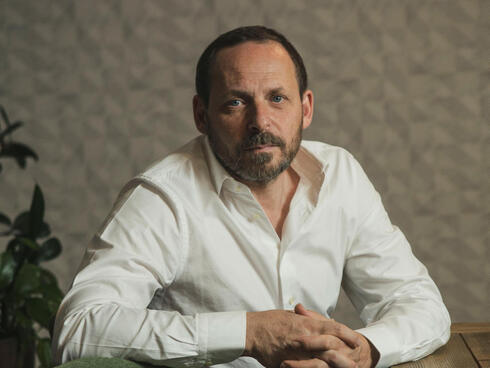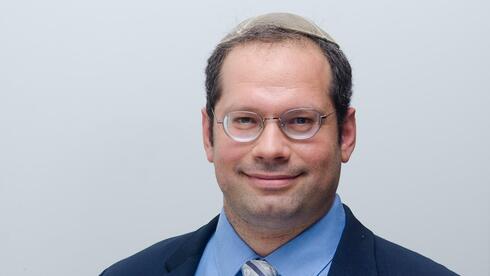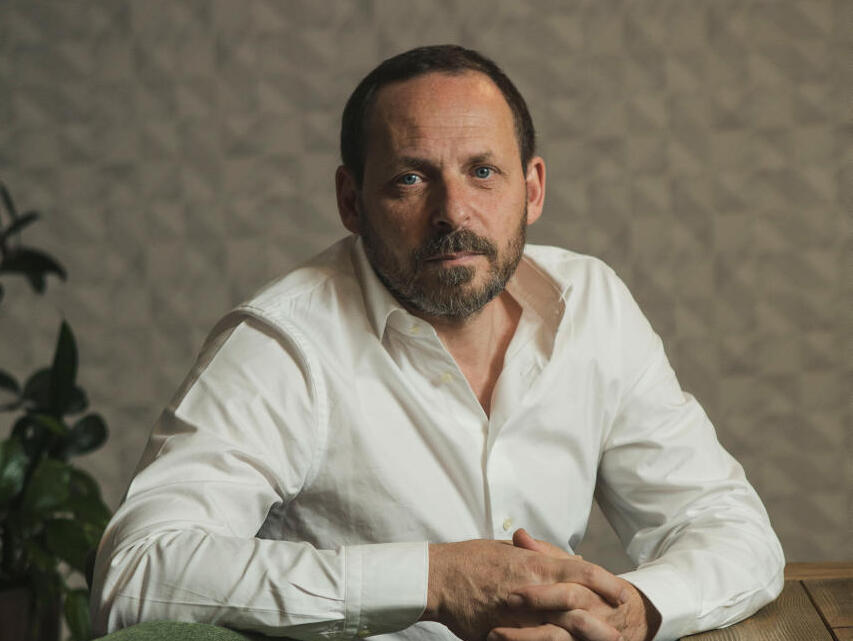
Nebius eyes $1 billion in AI revenue as Nasdaq trading resumes post Yandex split
With a focus on AI infrastructure, Nebius is set to capitalize on the booming demand for GPUs and data centers, aiming for massive revenue growth by 2025. Nebius has a significant R&D center in Israel and is headed by CEO Arkady Volozh, founder of Yandex, who has been living in Israel in recent years.
AI infrastructure firm Nebius Group expects to make annual recurring revenue of $500 million to $1 billion in 2025, the company said ahead of the resumption of the trading of its shares on Nasdaq on Monday after a lengthy suspension.
Trading was suspended soon after Russia's February 2022 invasion of Ukraine, when the stock was traded under the ticker of Russian internet giant Yandex through its Amsterdam-based parent company. In July, Nebius emerged following a $5.4 billion deal to split Yandex's Russian and international assets.
Yandex, Russia's equivalent of Google, was valued at more than $30 billion before the war, but Nebius is now a fledgling European tech company focused on AI infrastructure, data labelling and self-driving technology.
Nebius has a significant R&D center in Israel and is headed by CEO Arkady Volozh, founder of Yandex, who has been living in Israel in recent years after receiving Israeli citizenship under the Law of Return in 2017.
“We are pleased to have our shares trading again on Nasdaq, which opens a new chapter for our company, as a publicly traded pure play in the fast-growing AI infrastructure space,” Volozh said. “Our ambition is to build one of the world’s largest specialist AI infrastructure businesses. This requires access to technological expertise, graphics processing units and capital. These are exactly what we have.
“With a strong cash position of approximately $2 billion, we are already investing in building out our network of GPU clusters and gaining significant traction among AI innovators and businesses of all sizes. We have announced our plans to substantially increase our data center capacity, expect to finish this calendar year with more than 20,000 GPUs in place, and have launched our AI cloud platform, which we have built from scratch. We had annualized run-rate revenue of $120 million as of September 30, 2024, and expect to be on track for $170 million to $190 million in annualized run-rate revenue by year end 2024.”
A key unknown is what price the company's shares will trade at after such a long trading hiatus and company transformation, especially as some investors have already written off the investment.
The 98-page document published on Friday, accompanied by a video presentation, is by far the most detailed insight the company has given since emerging from the split.
"We are at the very beginning of the AI revolution," Nebius Chairman John Boynton said in a video presentation. "Nobody can be sure which business models or underlying technologies will prevail, but we can be sure of one thing: the demand for AI infrastructure will be massive and sustained.
"This is the market space where Nebius will play."
Volozh was bullish on the company's prospects, pointing to his track record at building Yandex. He said the industry was still in its "early days," anticipating strong growth over the coming years and that compute, or computational power, is going to be key.
Nebius' estimated that its addressable market - GPU-as-a-service and AI cloud - will grow to more than $260 billion in 2023 from $33 billion in 2023.














